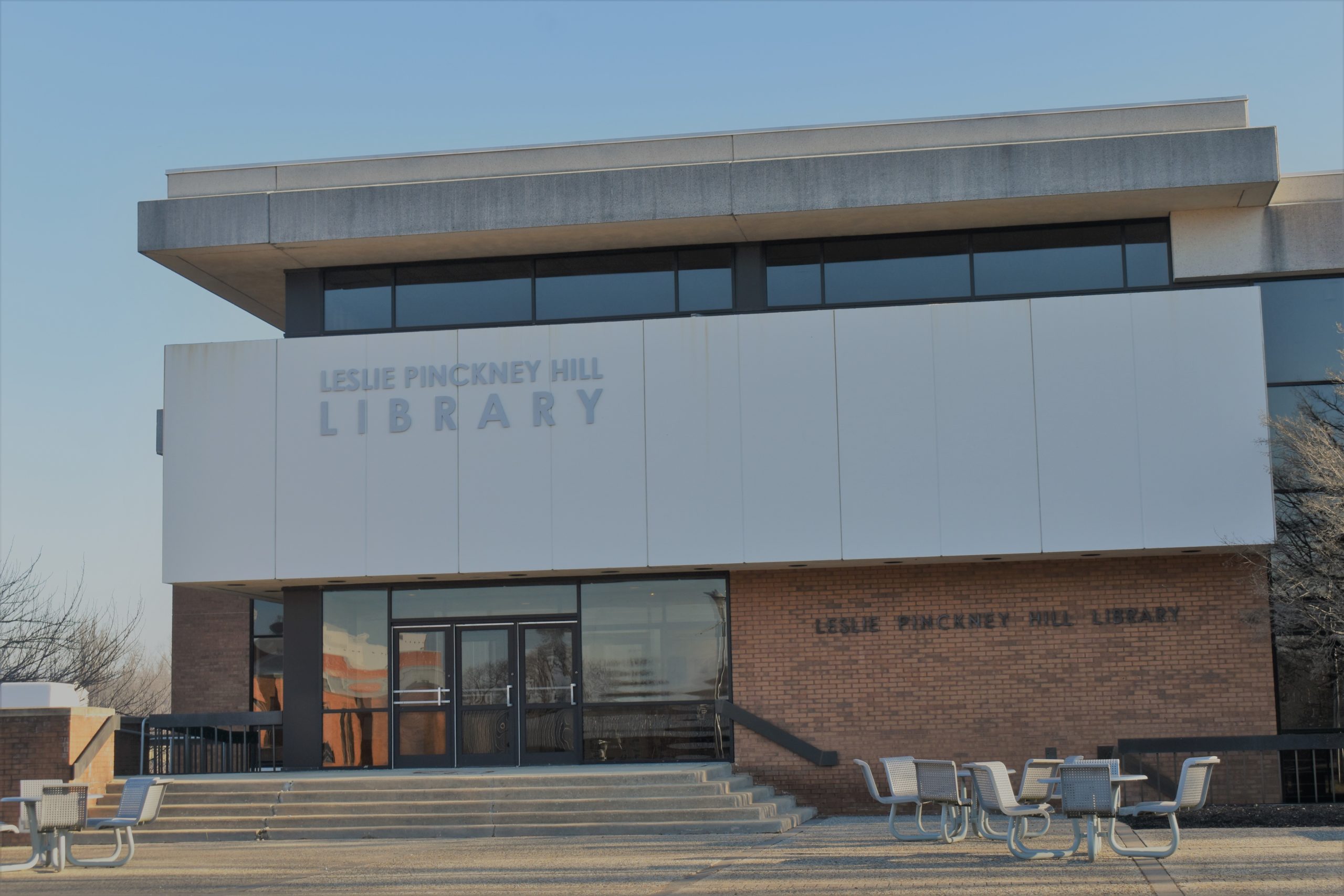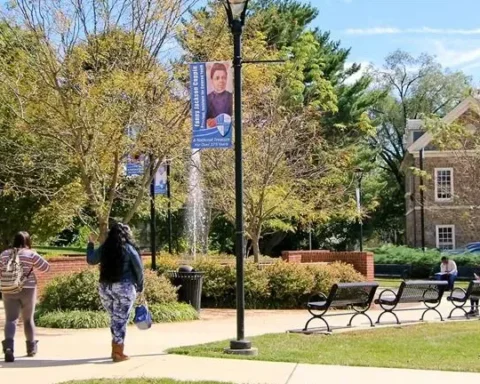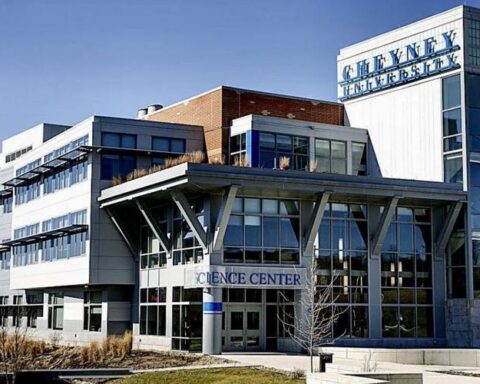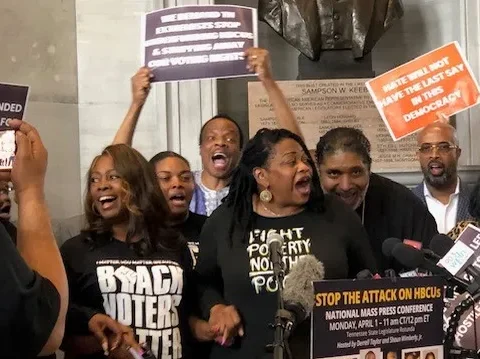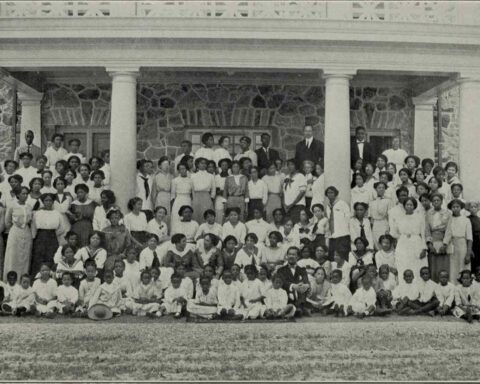Courtesy of Cheyney University
While the COVID-19 pandemic presented many unprecedented challenges, it also provided new opportunities to reimagine campus spaces to meet the needs of 21st century learning. Due to federal, state, and local regulations, to keep Cheyney University’s entire community safe and healthy, the Leslie Pinckney Hill Library had to close its doors.
But, when one door closes, another one opens.
Cheyney’s administrative staff used the moment to rethink how the library could become a learning atmosphere that can meet the demands of today’s higher education. When she joined Cheyney, Dr. Gramby-Sobukwe was assigned to oversee the library renovation project.
“Cheyney’s Administration first went to the campus community and surveyed them on what they wanted in the new library. The outreach revealed that the new library should ensure a quiet study space with access to quality research materials.”
A leadership team was assembled to create the ideal library space and was charged with researching and sharing how libraries are adapting to the demands of the 21st century. A library strategy committee that included students was formed to help create a 21st century library space. Next, an architectural team provided the library strategy committee with names of nearby universities that recently added 21st-century updates. The team visited the libraries at Penn State University’s Great Valley campus, Temple University, and Rosemont College. The visits helped identify key features that fit the needs of the campus. The site assessments were discussed with the greater campus community.
Mark DeSantis, a senior majoring in communications, was one of the students on the steering committee who provided insight and feedback to help guide the administrative staff.
“The library throughout history has always symbolized the heart of a college’s campus,” said Mark DeSantis. “It is the people’s palace, a place where everyone can come together to create, communicate, and experience growth as a person and community.”
In October 2022, Cheyney’s President Aaron Walton called for reopening the library by the start of the 2023 spring semester. While some renovations were already underway, the facilities team and library strategy committee began planning and implementing renovations to meet the goal.
The library’s doors reopened on January 30 and students were introduced to the reimagined learning facility.
The inspiration that shaped the renovations was focused around creating a Learning Commons where students and faculty could engage in and outside of the classroom while in the library. The following four key features were essential to the enhancements:
- Academic Support Resources – The Academic Success Center, TRiO programs, Instructional Design and Teaching Innovation programs were relocated to the library where they partnered with library staff to offer regular study halls, tutoring, coaching and workshops.
- Collaborative and Individual Quiet Study Spaces – Study spaces were expanded in the stacks and device connectivity and printing were added along with desktop stations, and group study spaces.
- Gathering and Lounge Spaces – A coffee and a snack shop were built along with other spaces that created a comfortable setting to study, read or just lounge.
- Innovative Learning Spaces – Areas were created to inspire students to explore knowledge outside of the classroom. Students will be surveyed for themes around the library to explore, and the library staff will curate spaces catered to the themes.
Planning is underway for innovation labs and maker studios where students can participate in innovative learning using various new technologies. Cheyney is exploring 3-D printing, virtual reality, and podcasting among other technology driven tools to promote innovation and self-directed learning.
“The library’s new concept as a Learning Commons is no longer only a space for quiet study, but also a space for student and community engagement,” said Dr. Sobukwe. “We plan to welcome the broad community, including students, faculty, staff, alumni and our neighbors, with programs and activities, all designed to increase knowledge, enhance learning as a continuous process of engagement, and strengthen community relationships.”

